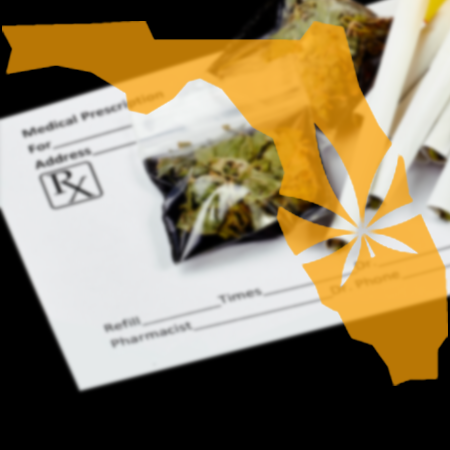


Possession of more than 20 grams/25lbs of cannabis is a felony. Possession of any amount of weed is illegal.Persons 21 and older with a qualifying medical condition can purchase or smoke medical marijuana.Medical use of marijuana is legal in Florida.Two bills making their way through the Legislature, Senate Bill 1890 and Senate Joint Resolution 1238 would limit Floridians’ ability to change the state Constitution via a ballot initiative. Republican leaders of Sunshine State have also proven to be hostile to citizen ballot initiatives in general. And until this week, the Florida House was moving to cap the amount of the main psychoactive ingredient in medical marijuana - Tetrahydrocannabinol (THC). An effort to make it easier to remove a marijuana conviction from a Floridian’s criminal record has passed the Senate, but it’s gained no traction in the House. The state’s laws include some of the harshest criminal penalties for possession of the drug. have legalized the recreational use of the drug.įlorida, by comparison, is much more hostile to expanded use of cannabis. In 2021 alone, four states have moved to legalize the drug for recreational use: New Jersey, New York, Virginia and New Mexico. The decision comes at a time when attitudes about marijuana legalization are changing quickly across America. “Floridians must fully understand what they are voting on when they go to the ballot box.”

“We thank the Florida Supreme Court for their time and attention to this issue and respect their ruling,” a Moody spokeswoman said in a statement. Meanwhile, Moody’s office praised Thursday’s opinion. “Floridians would legalize marijuana tomorrow if given the opportunity to do so, but that’s clearly not what Tallahassee wants,” Pollara said in a statement. The sponsors of the 2016 measure noted in their ballot summary that their initiative did not “immunize” Floridians from “violations of federal law.” When it was considering whether to allow an amendment legalizing medical marijuana onto the 2016 ballot, the backers of that initiative avoided this pitfall, Canady wrote. Similar issues have previously come before the Florida Supreme Court. “A ballot summary suggesting otherwise is affirmatively misleading.” “A Constitutional amendment cannot unequivocally ‘permit’ or authorize conduct that is criminalized under federal law,” Canady wrote. The justices argued that the amendment did not effectively advise Floridians that although marijuana use would be allowed under state law if the amendment were to pass, it would still be illegal federally. In an unsigned opinion, five of the seven justices took issue with Make it Legal Florida’s use of the word “permit” in their initiative’s ballot summary. Hansen did not respond to requests for comment. Make It Legal’s attorney, George Levesque, referred a request for comment to Nick Hansen, the organization’s chairman. If they want to make a future ballot, Make It Legal Florida would now have to redraft their amendment and start from scratch. Had it made the ballot, the initiative would have needed 60 percent of the vote to be added to the state Constitution.


 0 kommentar(er)
0 kommentar(er)
